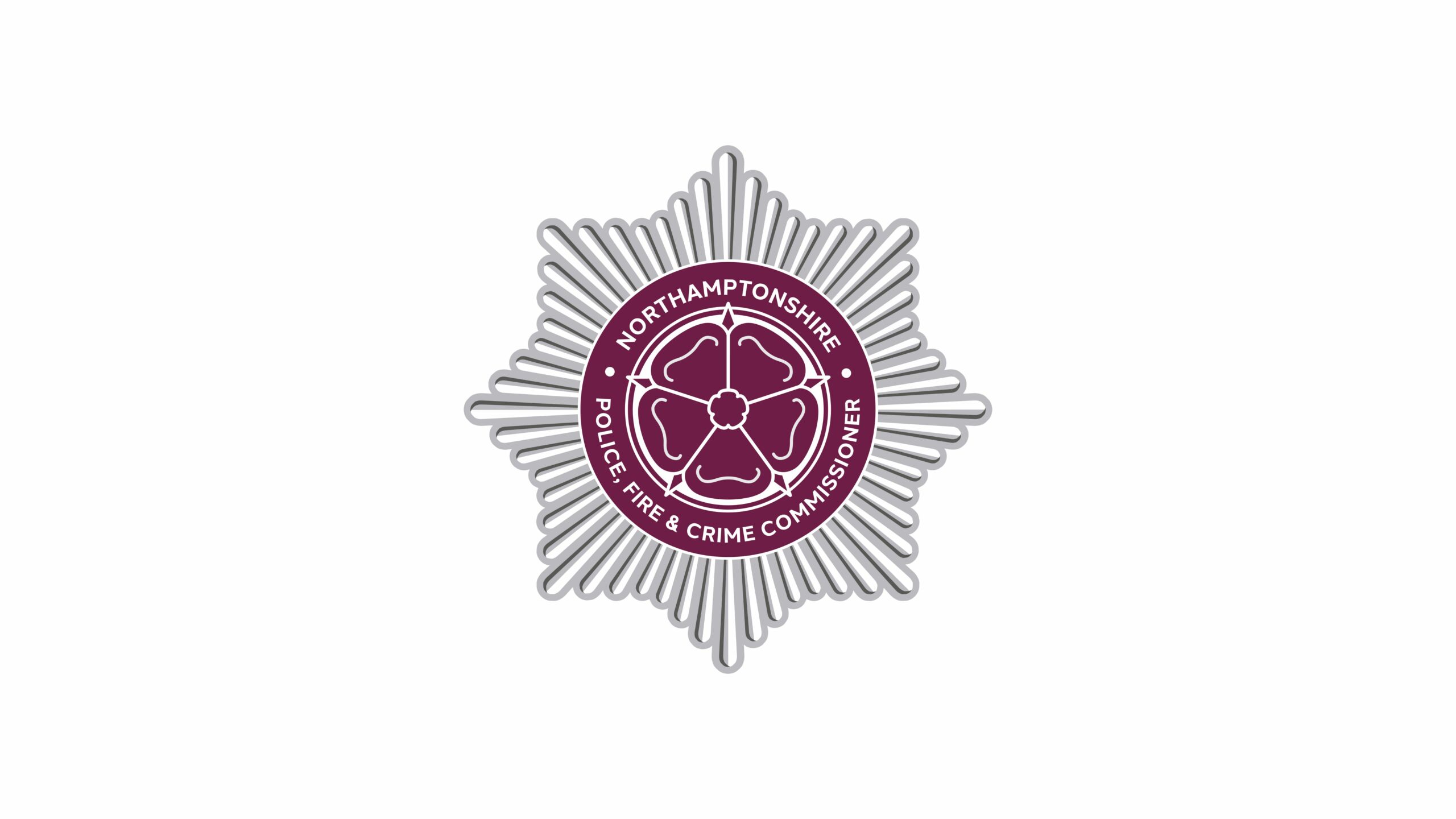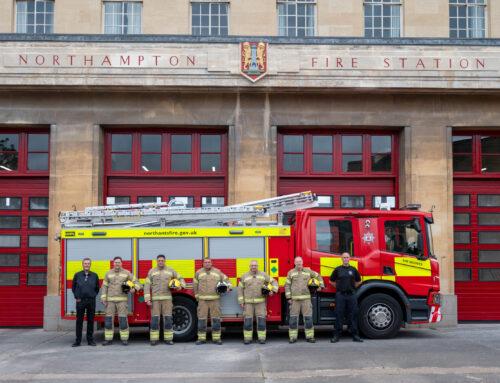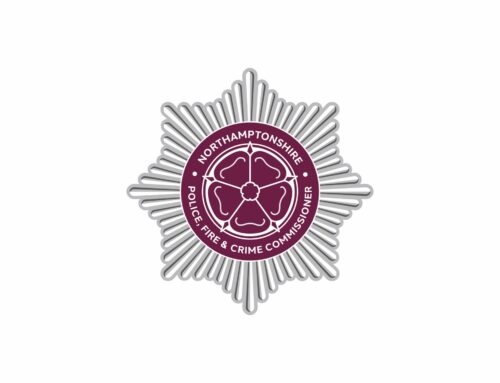
In light of the accelerated Gross Misconduct hearing into Chief Constable Nick Adderley, the OPFCC has been asked to share the following information regarding the process of such hearings and how they are conducted.
The below notes outline the responsibilities of the Legally Qualified Chair, the panel, and the Police, Fire and Crime Commissioner in such hearings.
Notes for Editors
1. The Police (Conduct) Regulations 2020 (PCR) outline the process for dealing with conduct matters of police officers.
2. Under the PCR the person responsible for matters relating to a Chief Constable is the Police and Crime Commissioner (or Police, Fire and Crime Commissioner) and they are referred to as the Appropriate Authority (AA) (for all other ranks the AA is the Chief Constable).
3. Allegations of misconduct are dealt with in a number of ways including Misconduct Meetings.
4. More serious matters, Gross Misconduct, are dealt with through Misconduct Hearings.
5. Misconduct Hearings are chaired by an independent Legally Qualified Chair (LQC).
6. The Appropriate Authority is required to maintain a list of LQCs for this purpose. This is currently done via a list held by Northamptonshire OPFCC but from April 2024 we will be moving to a regional list, administered by Lincolnshire OPCC (i.e. for cases listed after 01.04.24).
7. In certain cases, the AA may be asked if they believe special conditions are met which would allow for an Accelerated Misconduct Hearing (AMH) (sometimes referred to as fast-track) to take place. The special conditions are:
a) there is sufficient evidence, in the form of written statements or other documents, to establish on the balance of probabilities, that the conduct of the officer concerned constitutes gross misconduct and
b) it is in the public interest for the officer concerned to cease to be a police officer without delay.
8. The Home Office statutory guidance describes these as cases where there is incontrovertible evidence.
9. For officers under the rank of Chief Constable and AMH is conducted by the officer’s Chief Constable (or equivalent rank); for Chief Constables a panel is convened made up of:
• A legally Qualified Chair
• His Majesty’s Chief Inspector of Constabulary, Fire and Rescue Services (or their nominated representative)
• An independent panel member (from a list maintained by the PCC/PFCC)
10. Once a case has been put before a panel, for either a standard hearing or an accelerated one, the PCC/PFCC must not interfere with the process.
11. The Commissioner’s office will support the process in terms of room bookings, administration etc but the running of the process sits with the Legally Qualified Chair.
12. Depending on the severity of the allegations there are a wide range of potential sanctions available. However, if gross misconduct is proven in an AMH there are three options available:
• Final Written Warning (unless a final written warning has been imposed on the officer concerned within the previous two years, or such extended period as determined by the panel at previous hearing)
• Reduction in rank
• Dismissal without notice – this outcome has the additional consequence of being included on the barred list
13. The officer in the case has the right to appeal the outcome to a Police Appeals Tribunal (PAT).
14. The PCC/PFCC must respect the finding of the panel. The only further avenues open would be to subject the finding to a Judicial Review (JR).
Further reading:
• Police (Conduct) Regulations 2020
• Home Office Guidance – Conduct, Efficiency and Effectiveness: Statutory Guidance on Professional Standards, Performance and Integrity in Policing





